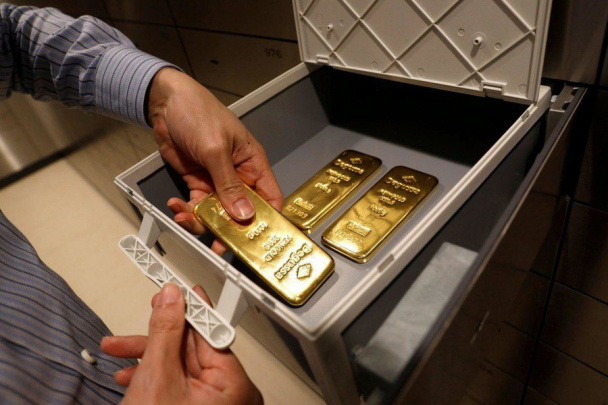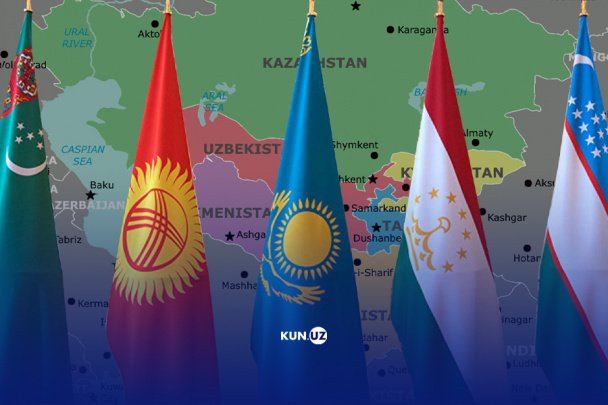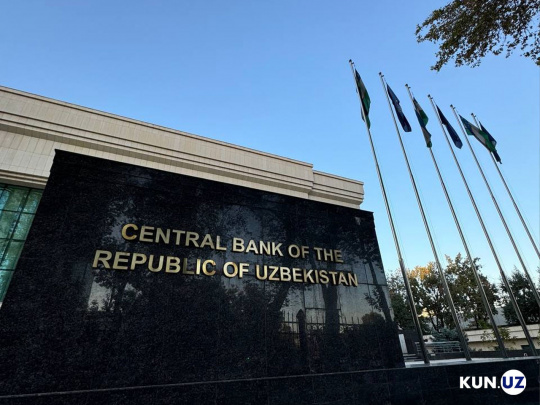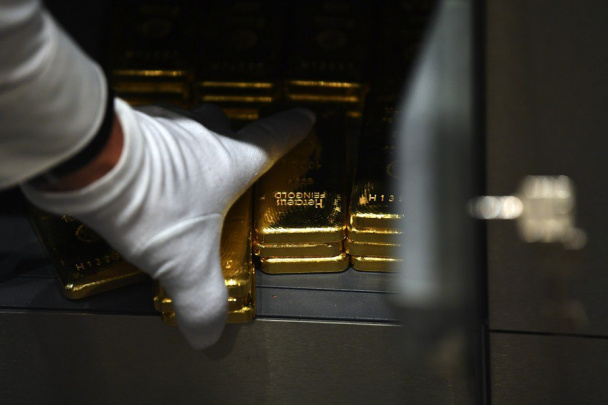Inflation expectations in Uzbekistan hit seven-month high
Inflation expectations among citizens of Uzbekistan experienced a sharp rise in November, reaching the highest level since May, according to a survey conducted by the Central Bank of Uzbekistan.
The average projected inflation rate for the next 12 months increased to 13.7%, nearly a one-point jump compared to the previous month. The median expectation rose slightly to 11.1% (+0.2%).
Regional and demographic trends
Tashkent recorded the highest inflation expectations at 17.7%, followed by Tashkent and Syrdarya regions at 14.8%. On the other hand, residents in Navoi (11%), Andijan (11.7%), and Jizzakh (11.9%) showed the most optimistic outlooks.
Among professions, the highest inflation expectations were noted among workers in the industrial, government, and construction sectors, at 15.1% and 14.9%, respectively. The lowest projections came from those in household services (11.2%), hospitality, and students (11.9%).
In terms of income groups, higher-income earners forecasted greater inflation. Respondents earning more than 15 million UZS per month anticipated inflation at 17.3%, while those earning between 10-15 million UZS projected 16.5%. Interestingly, even lower-income groups (2-3 million UZS monthly) expected a higher-than-average inflation rate of 14.3%.
Key factors influencing expectations
Currency exchange rate volatility remained the most cited factor influencing inflation forecasts, with 51% of respondents pointing to it. Utility tariff increases (51%) and rising energy prices (51%) were also significant contributors. Other influences included transportation costs (30%), wage increases (28%), and food price hikes (26%).
Business inflation expectations
Inflation expectations among entrepreneurs also rose, though less sharply than among citizens. The average inflation expectation for businesses reached 12.7% (+0.7%), with a median of 10.7%. Navoi (14.7%) and Tashkent (14.6%) regions led in business inflation forecasts, while the lowest expectations were recorded in Karakalpakstan (11.2%) and Kashkadarya (11.8%).
The education sector topped the list of industries with the highest inflation expectations at 14.9%, followed by construction (14.3%) and culture (13.5%). Conversely, artisans (11.1%), the tourism industry (11.6%), and transport workers (11.9%) showed the most conservative outlooks.
Overall, the dynamics of currency exchange rates, utility tariffs, and fuel prices were the primary drivers of inflation expectations across all groups, reflecting broader economic pressures on both households and businesses.
Related News

19:31 / 14.03.2025
Gold hits new peak as central banks ramp up purchases

19:32 / 12.03.2025
34 years of independence: The economic transformation of Central Asia

19:24 / 11.03.2025
Central Bank purchases $100 million in US bonds in February

19:43 / 07.03.2025



